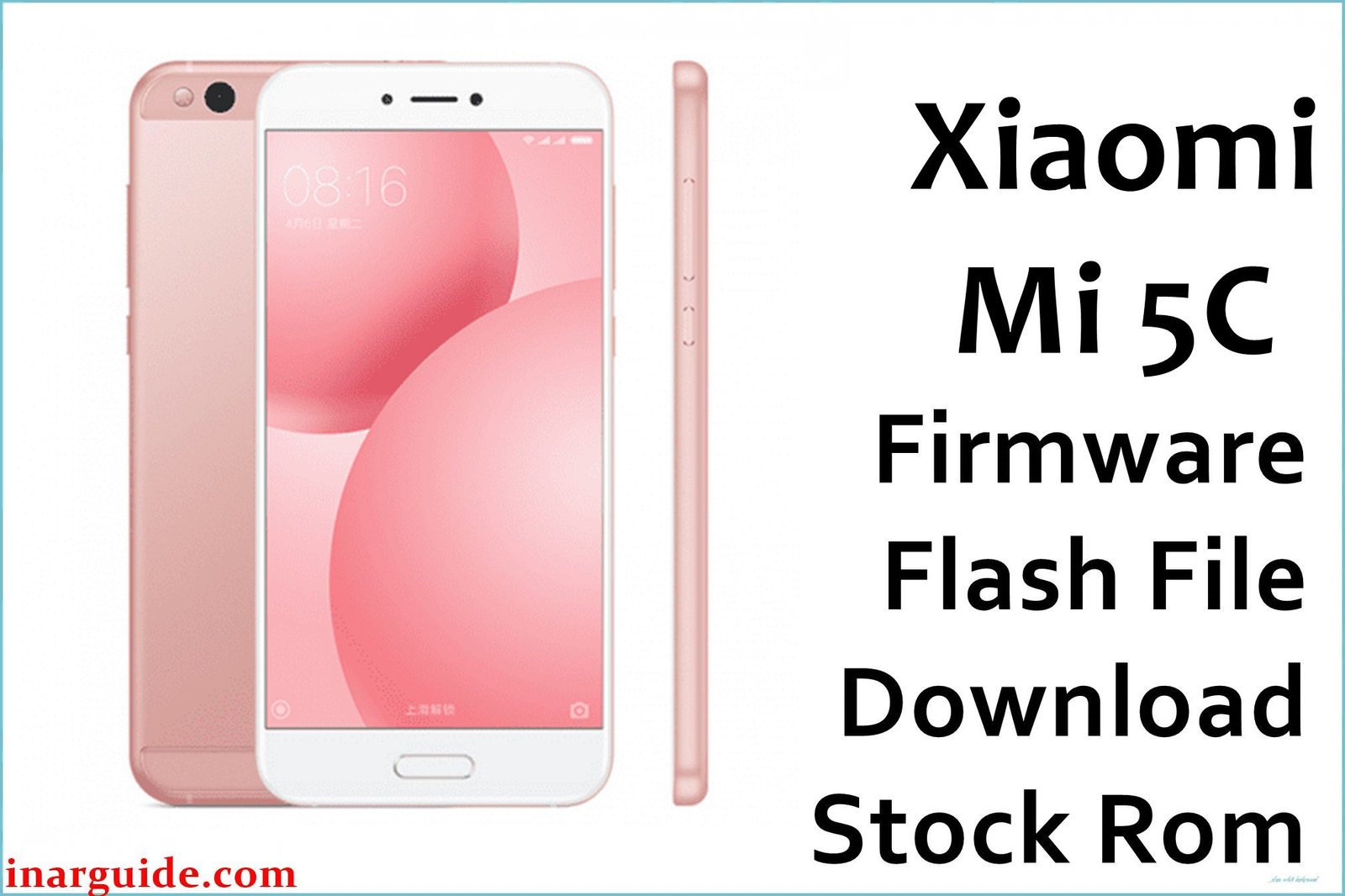The Xiaomi Mi 5c (codename meri) stands as a landmark device in Xiaomi’s history. Launched in 2017, it was the first and only smartphone to be powered by Xiaomi’s own in-house chipset, the Surge S1. Featuring a sleek and lightweight metal body, a compact 5.15-inch display, and a unique processor, the Mi 5c was a bold experiment in vertical integration. Due to the chipset’s specific modem capabilities, the device was sold exclusively in Mainland China. For enthusiasts and owners of this rare device, this page provides an official China Developer Fastboot ROM to restore the phone and the highly recommended Xiaomi.eu custom ROM for a more refined, global-friendly experience.
Important: The Mi 5c (meri) uses the unique Surge S1 chipset. Its firmware is completely incompatible with any other Mi 5 series phone like the Mi 5 (gemini) or Mi 5s (capricorn), which use Qualcomm Snapdragon processors. Flashing the wrong ROM will cause an unrecoverable hard brick.
Quick Device Specs
- Device: Xiaomi Mi 5c (meri)
- Release year: 2017
- Chipset: Xiaomi Surge S1
- Display: 5.15″ IPS LCD
- Battery: 2860 mAh, 18W fast charging
- Original MIUI: Android 7.1 (Nougat), MIUI 8
Required Downloads
| File / Tool | Download Link |
|---|---|
| Xiaomi Mi Flash Tool | Download Latest Version |
| Xiaomi USB Drivers | Included with Mi Flash Tool |
| Bootloader Unlock Tool | Official Mi Unlock Page |
Fastboot & Custom ROMs
| Region | Build | Android | Release Date | Download | Codename |
|---|---|---|---|---|---|
| China (Developer) | 7.8.14 | 7.1 | 2017-08-14 | Download | meri |
| Xiaomi.eu (Custom) | V10.2.1.0.NCJCNXM (Based) | 7.1 | — | Download | meri |
How to Flash (China ROM)
For a step-by-step process, drivers, and troubleshooting, read our Ultimate Mi Flash Guide.
- Boot into Fastboot mode (Power + Volume Down).
- Extract the China Developer firmware (.tgz file) and select the main folder in Mi Flash Tool.
- Select clean all for a safe installation (avoid clean all and lock unless you want to return to a locked, stock China configuration).
FAQs
Q1. What is the Surge S1 chipset?
The Surge S1 was Xiaomi’s first-ever proprietary, in-house designed smartphone processor. The Mi 5c is the only phone ever released with this chip, making it a unique piece of the company’s history.
Q2. Can I flash a ROM from the regular Mi 5 (gemini) on my Mi 5c?
No, absolutely not. The standard Mi 5 uses a Qualcomm Snapdragon 820 chipset and has a completely different hardware architecture. Attempting to flash its ROM on a Mi 5c will permanently destroy the device’s software.
Q3. Why was the Mi 5c only sold in China?
The modem integrated into the Surge S1 chip was designed with limited support for cellular bands, making it primarily compatible with Chinese carriers. This prevented a wider international release.
Q4. The Xiaomi.eu ROM is a .zip file. How do I install it?
The .zip package is a recovery ROM. It must be installed using a custom recovery environment like TWRP after you have unlocked the bootloader. It cannot be flashed using Mi Flash Tool, which is for .tgz fastboot packages.
Troubleshooting
- Drivers: If the phone is not detected in fastboot, ensure the standard Xiaomi USB drivers are installed correctly. Sometimes, running Mi Flash Tool as an administrator can help resolve detection issues.
- Fastboot errors:
- “error: not catch checkpoint” → This common error means you have selected the wrong folder. In Mi Flash Tool, you must select the parent folder that was created when you extracted the .tgz file, not the images folder within it.
- “Flash failed” → Due to the unique chipset, flashing can sometimes be finicky. Ensure you are using a high-quality USB cable and a reliable USB 2.0 port on your computer.
- Device stuck in bootloop: After flashing, the first boot can take several minutes. If it remains stuck on the Mi logo for over 15 minutes, you may need to re-flash, ensuring the “clean all” option was selected.




![Motorola Moto E20 XT2155-3 Firmware Flash File Download [Stock ROM] Motorola Moto E20 XT2155-3](https://www.inarguide.com/wp-content/uploads/2022/01/Motorola-Moto-E20-XT2155-3.jpg)
![Motorola Moto G Pure XT2163DL Firmware Flash File Download [Stock ROM] Motorola Moto G Pure XT2163DL](https://www.inarguide.com/wp-content/uploads/2022/01/Motorola-Moto-G-Pure-XT2163DL.jpg)
![Motorola Moto G20 XT2128-1 Firmware Flash File Download [Stock ROM] Motorola Moto G20 XT2128-1](https://www.inarguide.com/wp-content/uploads/2022/01/Motorola-Moto-G20-XT2128-1.jpg)